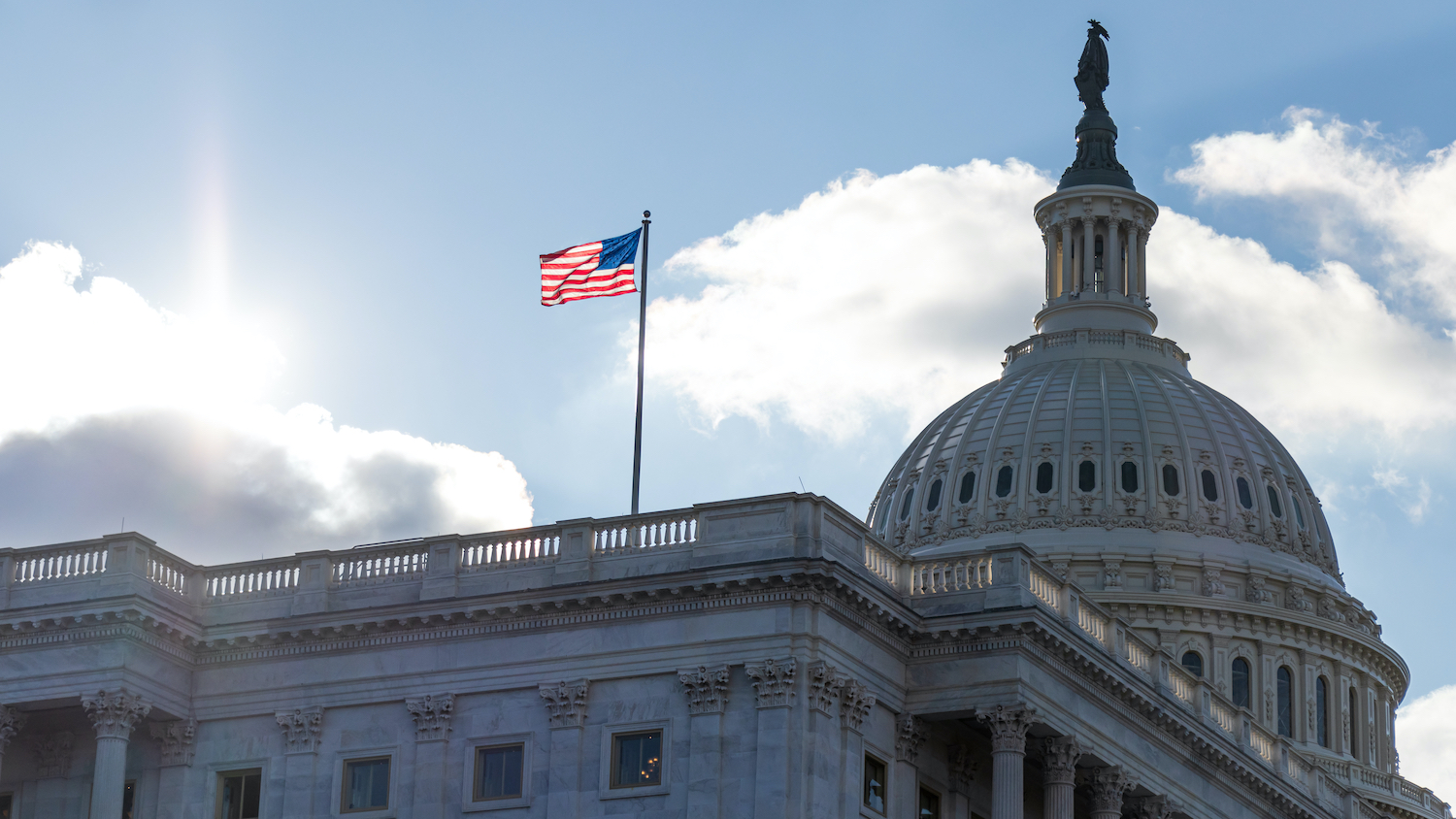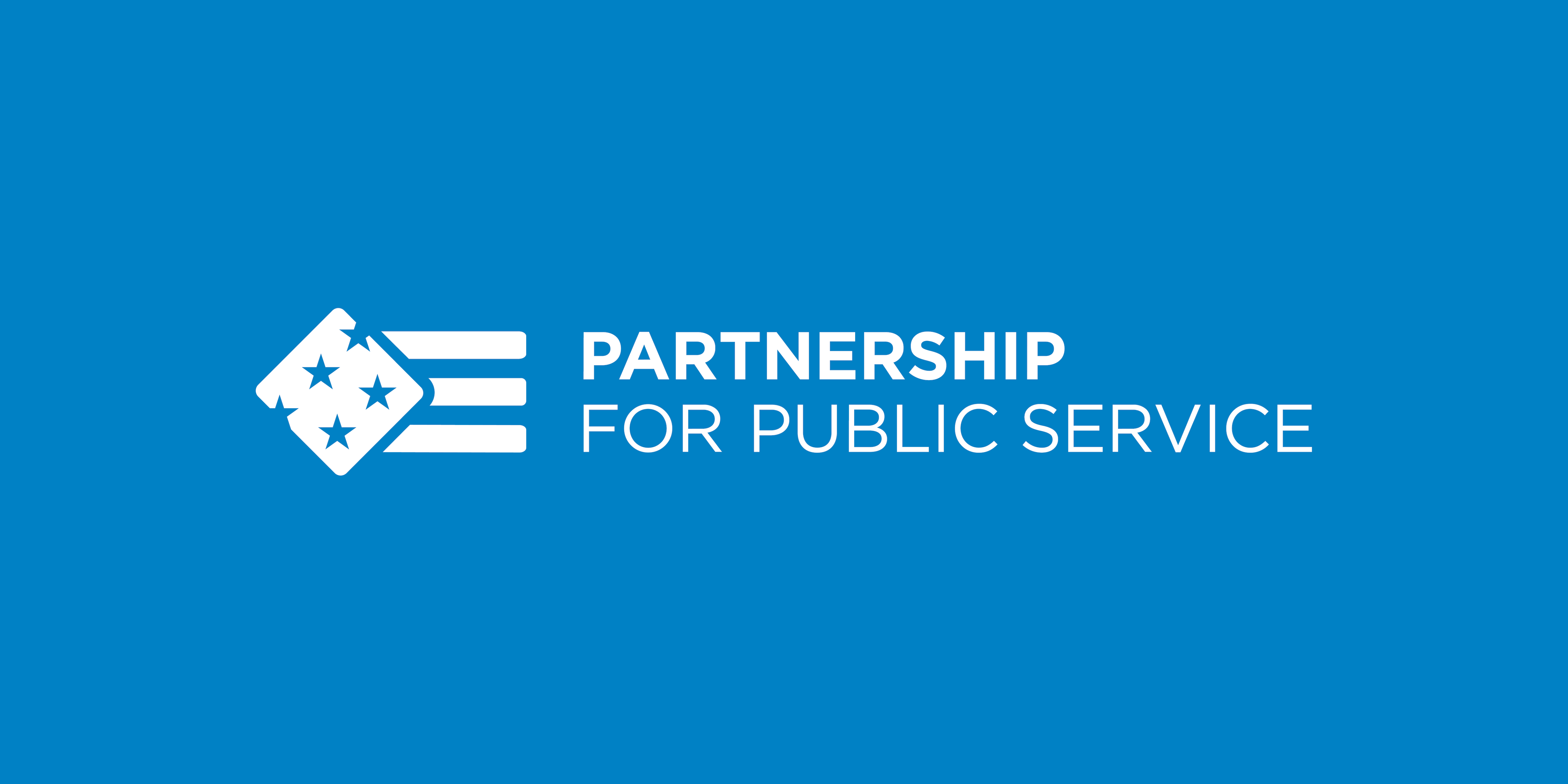Blog
January 08, 2021
A time to heal and embark on a peaceful, effective transfer of presidential power
By Max Stier, President and CEO of the Partnership for Public Service
In the aftershock of the insurrection at the U.S. Capitol on Wednesday, I wanted to share my reflections as our country continues to collectively process what transpired.
Like so many of you, I was appalled and sickened by the violence that erupted in the hallowed chambers of our Capitol. The attack on our democracy was a moment of heartbreak and a loss of faith in some of our elected leaders whose rhetoric led to the actions that were laid bare on Wednesday.
We have experienced many contentious elections in the 230-year history of our great nation. Yet, there has always been a peaceful and orderly transition of power, and this has been a hallmark of our democracy and vital to the safety of the public. To see it under threat is shocking and disheartening.
Yet, the peaceful transfer of power is not in itself enough to sustain our democracy. There also must be an effective transfer of power, which is now threatened.
Under ordinary circumstances, the effective transfer of power is incredibly difficult given the scale, complexity and shortness of time to prepare to govern, and these are by no means ordinary times. The Trump administration has been slow to cooperate, and the pandemic has added urgency to what is at stake and made the transition process more difficult given that much of the work must be done virtually.
The most important element of a transition is getting a new leadership team in place quickly, up-to-speed and working well together with the professional career workforce. President-elect’s Joe Biden’s team has done an exceptional job in preparing to govern, but the hardest work is just beginning.
The Senate has a critical role to play in quickly reviewing and voting on the new president’s nominees. According to research by the Partnership’s Center for Presidential Transition, presidential appointees requiring Senate confirmation face a process that is longer, harder, more public and more complex than their predecessors faced 40 years ago. The Senate must move swiftly and across party lines to confirm qualified appointees.
Getting this right is essential to solving our country’s biggest problems and rebuilding trust with the people our government serves. To do so will require reimagining the responsibilities of our government leaders. The core expectation must be for our leaders to be motivated and held accountable for serving the public interest rather than their own private or partisan interests.
During his 1863 Gettysburg Address, Abraham Lincoln made an impassioned plea for the country to heal from the wounds of the Civil War, asserting that “this nation, under God, shall have a new birth of freedom — and that government of the people, by the people, for the people, shall not perish from the earth.”
Our government, wholly owned by the people of this nation, can achieve great things. Our government defeated fascism, made factories safe places to work, eradicated polio and measles, provided pensions and healthcare to seniors, cleaned up our air and water, put astronauts on the moon, invented the Internet, and is now on the frontlines battling the COVID-19 pandemic.
The work of strengthening our democracy and repairing and rebuilding our institutions does not belong to one party or person. It requires each of us, including our elected leaders and political appointees, to play a critical role. Recognizing that and acting on it is part of what it means to be an American.
This piece was originally published on the Partnership for Public Service’s blog, We the Partnership.



